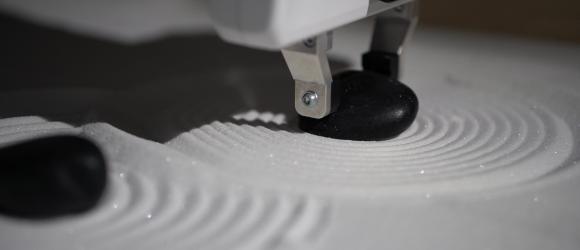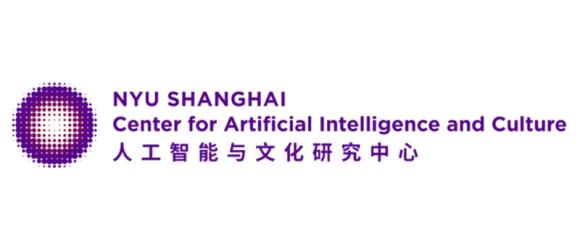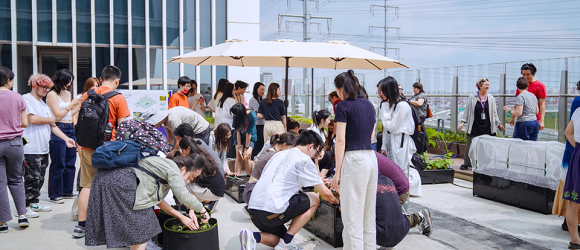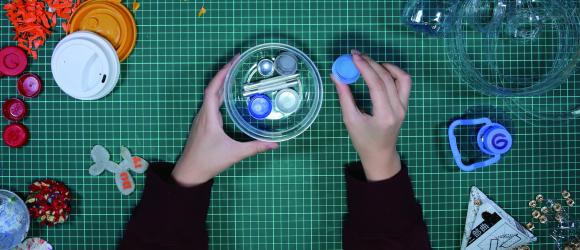NYU Around the World
Schools
- Arts and Science College of Arts and Science College of Dentistry College of Global Public Health Rory Meyers College of Nursing Courant Institute of Mathematical Sciences Gallatin School of Individualized Study Graduate School of Arts and Science Institute of Fine Arts Institute for the Study of the Ancient World Leonard N. Stern School of Business Liberal Studies Program Robert F. Wagner Graduate School School of Law School of Medicine School of Professional Studies Silver School of Social Work Steinhardt School Tandon School of Engineering Tisch School of the Arts
 Robotic Arms in Art
Robotic Arms in ArtThis collaboration between Interactive Media Arts (IMA) and Franka Robotics investigates the creative potential at the intersection of art, technology, and robotics. Over the course of the Spring 2025 semester, Andy Garcia, Assistant Arts Professor at IMA, together with research assistants Taojie Zhang and Evan Xiao, engaged in a hands-on exploration of robotic expression using the Franka Research 3 arm.
 Center for Artificial Intelligence and Culture (AIC)
Center for Artificial Intelligence and Culture (AIC)NYU Shanghai's Center for AI Culture (AIC) investigates the philosophical and cultural implications of artificial intelligence as it suffuses and transforms the contemporary world.
Closely affiliated with the academic community of Interactive Media Arts, AIC benefits from an extensive network of scholars, artists and practitioners. The Center makes full use of its location in the cosmopolitan city of Shanghai at the premier Sino-American university to research the cutting edge of emerging planetary media.
 China and the Wireless Undertow: Media as Wave Philosophy
China and the Wireless Undertow: Media as Wave PhilosophyIn the 21st century city wireless waves constitute an imperceptible, immersive, all-encompassing environment. Nowhere is this more so than in China, where a hyperdense network of mobile media have restructured daily life. This book re-imagines the relationship between China and wirelessness by synthesizing contemporary media theory with modern Chinese thought. It focuses specifically on the work of three critical figures: Tan Sitong 譚嗣同 (1865–1898),Xiong Shili 熊十力 (1885–1968) and Mou Zongsan 牟宗三 (1909–1995).
 Making Computers More Accessible
Making Computers More AccessibleRodolfo Cossovich, Steve Hodges, Jin Kang, and Audrey Girouard. 2023. Co-designing new keyboard and mouse solutions with people living with motor impairments. In Proceedings of the 25th International ACM SIGACCESS Conference on Computers and Accessibility (ASSETS '23). Association for Computing Machinery, New York, NY, USA, Article 98, 1–7.
 Growing Together
Growing TogetherThis research investigates digital agricultural innovations and urban land use within hyperdense cities such as Shanghai. By incorporating rooftop farms and growing crops using indoor hydroponic systems, we aim to explore the extent of the potential benefits of these practices, including boosting urban resilience, enhancing community health and community engagement, and developing sustainable food productions.
 Body Architecture
Body ArchitectureTechnology is allowing us to see our clothing as an extension of our body. An extension acting as a system that reacts, collects information, and augments our modes of expression and interactions with spaces and people.
- Natural Materials Studio
The Natural Materials Studio will be a lab where research, artistic practice, and conversation are supplemented by a library of digital tutorials; natural, found and recycled materials; and made objects.
 REMAKERSPACE
REMAKERSPACEFunded by a Green Grant from NYU’s Office of Sustainability, the NYU Shanghai REMAKERSPACE is the place where people gather, share knowledge, and work collaboratively with the purpose of reducing waste and looking into sustainable and innovative solutions to minimize the deterioration of the environment in China.

